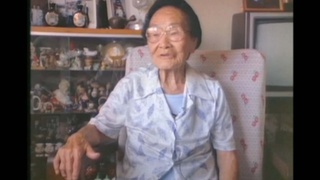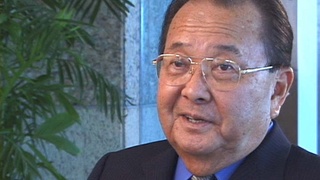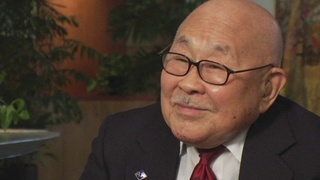Interviews
Judge Marie Milks—Her Hero and a Mentor
Judge Marie Milks, who was the first Japanese American woman judge in Hawaii. When I was a third-year law student—I'm sorry—a first-year law student in the spring of 1980, we have what they call “moot” court. And you do mock appellate arguments. Her husband is a lawyer and he happened to be my judge.
She happened to walk in and observe my argument. She was a public defender and she had just been appointed to the bench. She was one of the first women to ever be appointed to be a judge in Hawaii. The first definitely the first Japanese-American, one of the first Japanese-American women judges in the country. And she observed my argument.
And after, afterwards, her husband was critiquing me. And I remember her saying, “Oh, come on, Bill. She did the best she could with the facts and the law she was given.” And I never forgot those words. And she later became a mentor to me as she continues to mentor me and support me, even though she's retired. And so she's definitely someone that I look up to.
Date: July 14, 2022
Location: California, US
Interviewer: Lana Kobayashi
Contributed by: Watase Media Arts Center, Japanese American National Museum; Japanese American Bar Association





